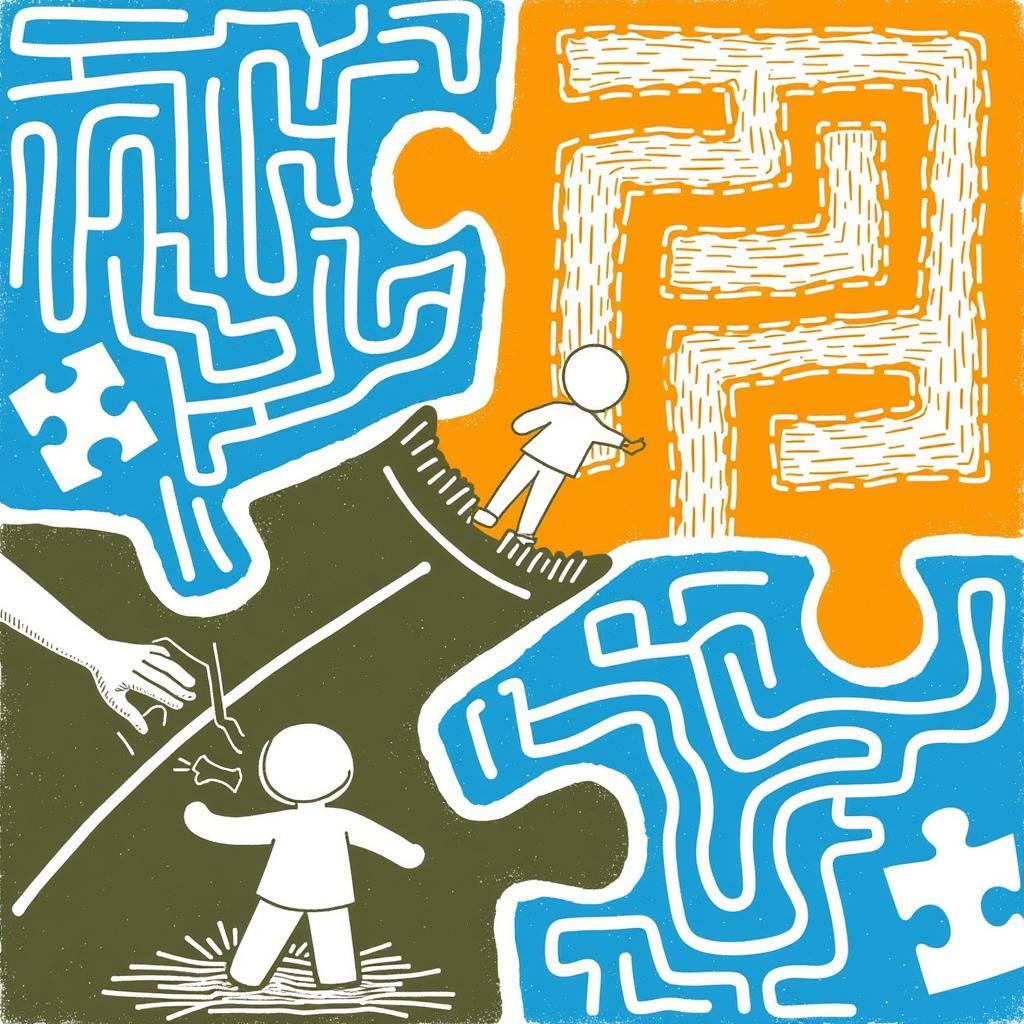Are Families Dealing with Autism Utilizing Health Care Services?
Families dealing with autism are increasingly seeking and utilizing healthcare services to support their children and themselves. Navigating the complexities of autism can be challenging, and access to appropriate healthcare plays a crucial role in improving the quality of life for individuals with autism and their families. This article explores how families are engaging with healthcare services, the types of services they utilize, and the challenges they may face.
How Are Families Accessing Autism Healthcare Services?
Families access autism healthcare services through various channels. Initially, many begin with their primary care physician who can provide initial screenings and referrals to specialists. Schools also play a significant role, often conducting developmental screenings and connecting families with resources. Furthermore, online communities and support groups can be invaluable for sharing information and finding local providers. Depending on the family’s location and resources, access to specialized centers for autism diagnosis and treatment might be readily available or require extensive travel.
 Families Accessing Autism Healthcare Services
Families Accessing Autism Healthcare Services
What Healthcare Services Are Families Utilizing?
The healthcare services utilized by families dealing with autism are diverse and often tailored to the individual’s specific needs. These services encompass various therapeutic interventions, such as Applied Behavior Analysis (ABA) therapy, speech therapy, occupational therapy, and physical therapy. Medical professionals, including developmental pediatricians, neurologists, and psychiatrists, also play a vital role in diagnosis, medication management, and addressing co-occurring conditions. Beyond these core services, families may also seek nutritional guidance, support groups, and respite care.
Navigating the Challenges of Autism Healthcare
While healthcare services offer crucial support, families often encounter challenges in accessing and utilizing them effectively. Long waitlists for assessments and therapies can be frustrating, creating delays in receiving necessary interventions. The financial burden associated with these services can be substantial, with some therapies and medications not covered by insurance. Furthermore, navigating the fragmented healthcare system can be overwhelming for families, requiring significant time and effort to coordinate care across multiple providers.
 Challenges of Autism Healthcare
Challenges of Autism Healthcare
Are there financial assistance programs for families dealing with autism?
Yes, numerous financial assistance programs exist to help families manage the costs associated with autism care. These programs vary by location and may include government-funded initiatives, private foundations, and non-profit organizations. Researching available options in your area is crucial.
What are common early signs of autism?
Common early signs of autism can include delayed language development, limited eye contact, repetitive behaviors, and difficulty with social interaction. However, it’s important to remember that every child develops differently, and professional evaluation is necessary for diagnosis.
How can schools support students with autism?
Schools play a vital role in supporting students with autism by providing individualized education programs (IEPs), incorporating inclusive classroom practices, and offering access to specialized resources like therapists and support staff. Collaboration between families and schools is essential for creating a positive learning environment.
Conclusion
Families dealing with autism are actively utilizing healthcare services to address the diverse needs of their children and improve their overall well-being. While challenges exist in accessing and navigating the healthcare system, families are increasingly finding resources and support to help them along the way. Continued advocacy for increased access to affordable and comprehensive healthcare services is essential for ensuring that all families dealing with autism receive the support they deserve.
FAQ
-
How do I find an autism specialist near me? Start with your primary care physician, local autism support groups, or online directories of healthcare providers.
-
What is the average cost of ABA therapy? Costs vary significantly depending on the provider and intensity of therapy. It’s best to contact providers directly for pricing information.
-
Is autism a lifelong condition? Yes, autism is a lifelong condition, but with appropriate support and interventions, individuals with autism can learn, grow, and thrive throughout their lives.
-
What are the different types of autism therapies? Common therapies include ABA therapy, speech therapy, occupational therapy, and physical therapy, among others.
-
How can I support a family dealing with autism? Offering practical help, emotional support, and understanding can be invaluable to families navigating the challenges of autism.
Common Scenarios and Questions
- Scenario: A parent notices their child is not meeting developmental milestones. Question: What are the first steps to take if I suspect my child might have autism?
- Scenario: A family receives an autism diagnosis. Question: How do we find the right combination of therapies and support for our child?
- Scenario: A teenager with autism is transitioning to adulthood. Question: What resources are available to support young adults with autism?
Further Exploration
Explore more articles on our website regarding specific autism therapies, financial assistance programs, and educational resources. We also have a section dedicated to personal stories from families dealing with autism.
If you need assistance, please contact us via WhatsApp: +1(641)206-8880, Email: [email protected] or visit our office at 456 Oak Avenue, Miami, FL 33101, USA. Our customer service team is available 24/7.

